The Power of the Peace Movement
Growing up in Princeton, New Jersey, in the early 1960s, I was best friends with Sam, who was the son of Princeton University professor Marvin Goldberger, a renowned nuclear physicist who worked on the Manhattan Project, studied with Enrico Fermi, and was a colleague of J. Robert Oppenheimer. Watching the movie Oppenheimer brought back memories of this formative period of my life. I spent many hours in the A-frame home of the Goldbergers and got to know the family quite well. (Just to be clear, I have no aptitude for physics or math. From an early age, I aspired to be a poet and spent time talking with Marvin’s wife, Mildred, about poetry rather than with Marvin about physics.)
Marvin Goldberger came to Princeton in the 1950s where he got to know Oppenheimer, later describing him as an “extraordinarily arrogant, difficult person to be with. He was very caustic. He was patronizing, and he was not a warm, easygoing guy” (as shared in a 1983 interview for the Voices of the Manhattan Project oral history collection). This is consistent with how he is portrayed in director Christopher Nolan’s brilliant film released last summer, which has been nominated for 13 Academy Awards, including Best Picture, Best Director, and Best Adapted Screenplay. I should also add that Goldberger felt that the atomic bomb should never have been dropped on cities and opposed the nuclear arms buildup. As detailed in a 1981 profile by the Los Angeles Times, while Goldberger was president of the California Institute of Technology (1978–1987), he became active in Pasadena’s Interfaith Center to Reverse the Arms Race.
Oppenheimer’s life story is profoundly tragic, as most war stories are. Nolan’s film portrays him in all his ambiguity: brilliant, full of hubris, and morally conflicted. He realizes too late that he has released the genie of mass destruction from its bottle, and his efforts to curtail the consequences of this act of hubris prove futile.
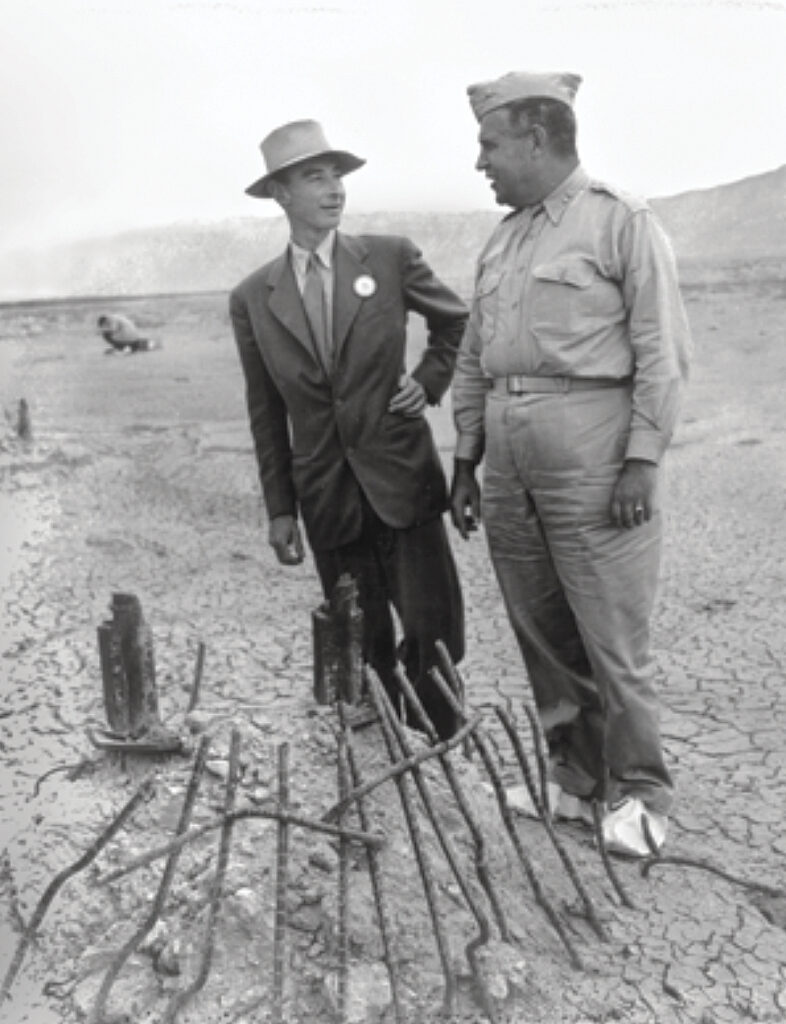
Oppenheimer assumes that the dropping of the bombs on Nagasaki and Hiroshima in 1945 was a necessary evil to end the war with Japan, and saved countless lives. This claim has been disputed by revisionist historians like Gar Alperovitz since the mid-1960s. In 2020, Alperovitz and historian Martin J. Sherwin co-wrote an op-ed piece in the LA Times laying out their evidence that even the military questioned the necessity of using the atomic bomb on Japan. They point out that the National Museum of the U.S. Navy in Washington, D.C., “states unambiguously on a plaque with its atomic bomb exhibit: ‘The vast destruction wreaked by the bombings of Hiroshima and Nagasaki and the loss of 135,000 people made little impact on the Japanese military. However, the Soviet invasion of Manchuria . . . changed their minds.’”
Most Americans wanted to believe—and still insist—that the atomic bomb was needed to win the war. In a dramatic scene, Oppenheimer (portrayed by actor Cillian Murphy) boasts to a crowd of Americans that the bomb has been dropped on the Japanese and should have been dropped on the Germans, and everyone applauds wildly. During the deafening applause, Oppenheimer has a horrific vision of the room consumed with atomic fire. This ambivalence is what makes Oppenheimer a tragic figure, and the movie worth watching.
The movie ends on an apocalyptic note, with Oppenheimer realizing that he has started an arms race that could lead to the destruction of all life on the planet.
The power of the atomic bomb is seen as godlike through the eyes of Oppenheimer and also the filmmaker, Christopher Nolan. In their best-selling, Pulitzer-winning 2005 biography of Oppenheimer, American Prometheus (which the movie is based on), coauthors Kai Bird and Martin J. Sherwin compare him to Prometheus, the Greek god who gave humans fire and was punished by Zeus by being chained to a rock and tortured for eternity. Oppenheimer names the first atomic test “Trinity,” in reference to a sonnet by John Donne titled “Batter my heart, three-person’d God.” When Oppenheimer witnessed the awesome power of the atomic bomb, he supposedly recalled a line from his favorite Scripture, the Bhagavad Gita: “Now I am become Death, the destroyer of worlds.”
Oppenheimer is all too human, however. His efforts to prevent the United States from building hydrogen bombs and to stop the arms race prove ineffective. He symbolized for many the folly of scientists who believed they could control the use of their research and the dilemmas of moral responsibility presented by science in the nuclear age.
I’d like to contrast this tragic and morally ambiguous story with that of the unsung heroes of the peace movement who helped to end the Cold War and reverse the arms race. For example, Albert Bigelow, a naval commander who went to Hiroshima and witnessed the devastation caused by the atomic bomb, quit the Navy a month before becoming eligible for a pension, joined the peace movement, and became a Quaker. In 1958, he set sail with three others on a boat aptly named the Golden Rule with the intention of entering the nuclear test site in the Marshall Islands. He and his crew were arrested in Hawaii, but his action inspired others like Quakers Earle and Barbara Reynolds, who sailed their own boat into the testing zone a month later, and the founders of Greenpeace, which began in 1971 with an anti-nuclear protest voyage into a test site near Alaska. Bigelow was also among the original 13 Freedom Riders who in 1961 risked their lives to desegregate interstate public transportation in the American South. What a great movie his life would make!
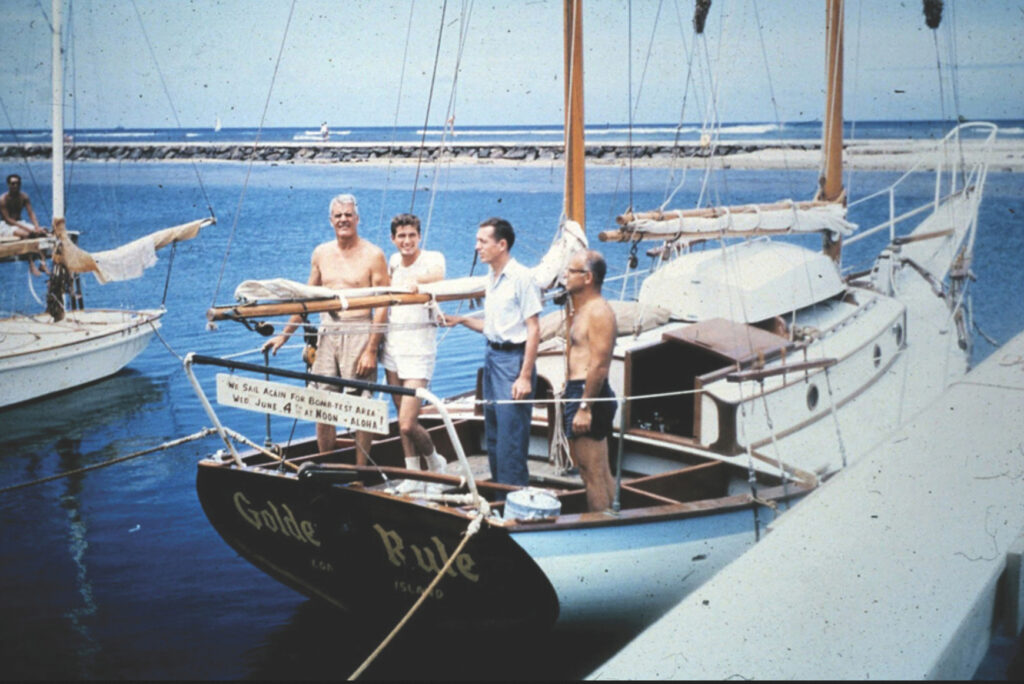
American Friends Service Committee (AFSC) and the Quakers began reaching out to the Soviets in the early 1950s to build trust and dispel stereotypes, with the hope of ending the Cold War. They persisted for the next 30-plus years, and in the 1980s their efforts bore fruit. When Gorbachev came to power, he wanted an end to the Cold War and the nuclear arms race. President Reagan was a staunch anti-communist and Cold Warrior, but he was willing to meet with Gorbachev: thanks in part to pressure from the peace movement.
The Nuclear Freeze movement not only gained the support of most U.S. peace organizations but also was endorsed by numerous public leaders; intellectuals; activists; and scientists, including Linus Pauling, Jerome Wiesner, Bernard T. Feld, and Carl Sagan.
Reagan was also influenced by the “citizen diplomacy movement,” of which I was a part. Because of glasnost, Gorbachev’s policy of “openness,” thousands of Americans went to the Soviet Union to meet the Russians, build relationships, and advocate for peace. This had a profound impact on Reagan and Gorbachev. They eventually met at the Reykjavík Summit in October 1986, and came very close to agreeing to ban all nuclear weapons by 2000. Both men wanted nuclear abolition, but the U.S. generals persuaded Reagan not to go that far. While Reagan and Gorbachev didn’t ban all nuclear weapons, their meeting led to the 1987 INF and 1991 START I Treaties, as well as limitations on nuclear testing. There were over 60,000 nuclear weapons in the world in the 1980s, and today there are around 12,500. Far, far too many, but this reduction wouldn’t have happened without the peace movement.
It is also worth noting that the peace movement in the 1960s had more power than many at the time realized. Robert Levering, a Quaker writer and activist, has recently produced a brilliant documentary called The Movement and the “Madman,” which was shown on PBS in 2023. The filmmakers write: “This film shows how two antiwar protests in the fall of 1969—the largest the country had ever seen—pressured President Nixon to cancel what he called his ‘madman’ plans for a massive escalation of the U.S. war in Vietnam, including threats to use nuclear weapons.”
Hollywood buys into the myth that Great Men are the ones who make history, and so does the media, but I believe that most lasting and positive change usually happens through grassroots movements.


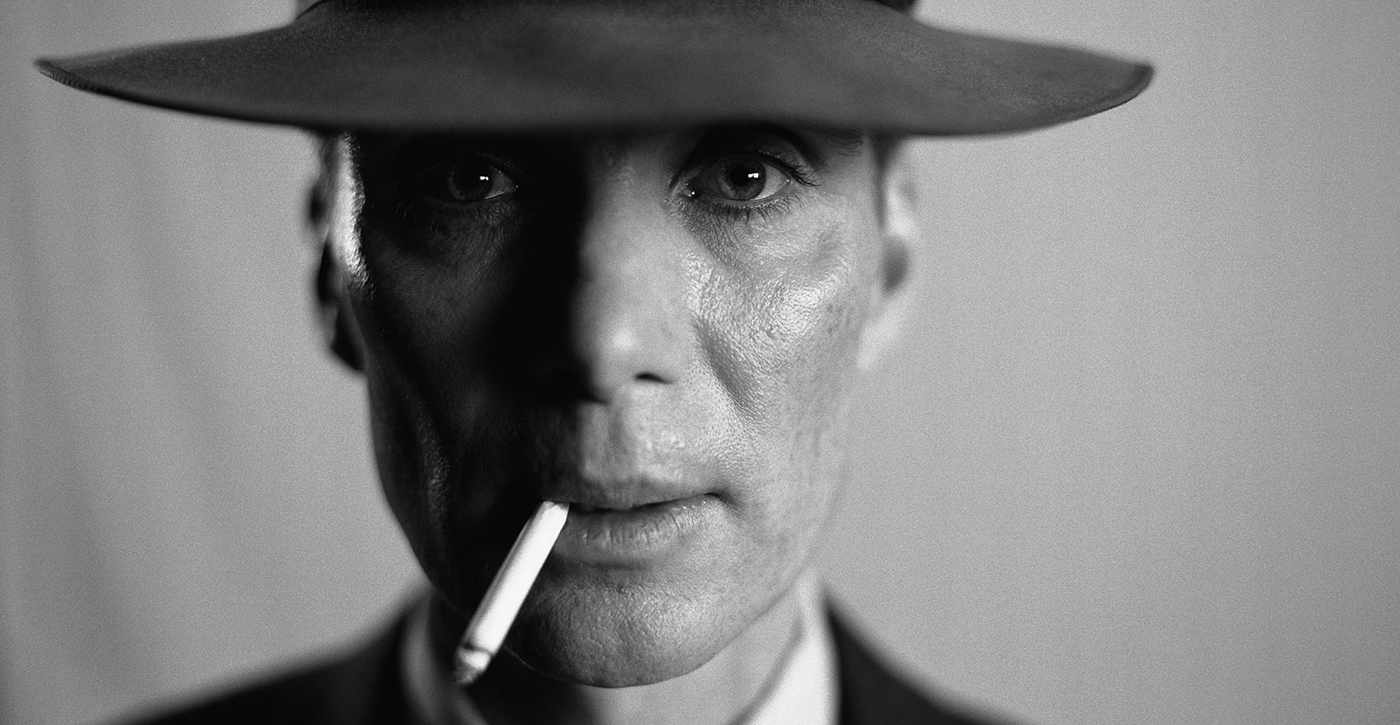
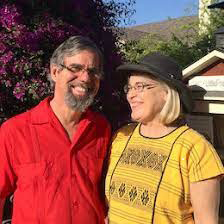
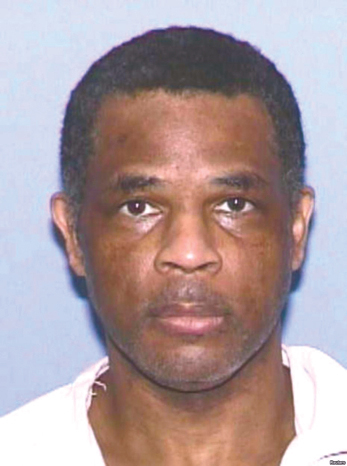

As a former protester (with an almost fanatic zeal) against the war in Vietnam from the earliest days, I get incensed when I hear all the praise of the Vietnam veterans and sometimes derogatory attacks on the protesters. Young people were desperate to get the young men out of the killing fields of Vietnam. We all had friends or family members who were there, most drafted, and in the end, as the article states collectively we did get them home. I knew pacifists who went to prison and heard of many who went to Canada, all for moral reasons. They should be the ones honored today. No one knows how many violent attacks there were on peace protesters in the early days when the war began, mainly on the young men who carried peace signs and burned their draft cards. (I was at UNC in Chapel Hill). We were ridiculed in the press. This history should be known. People who refused to fight should be honored as the truest heroes. Thanks for a powerful article that brings these memories back.
Katherine van Wormer
Perhaps we should not blame either the veterans or the protestors, but put responsibility on the politicians sponsored by elitist financiers to make selfish decisions, and carefully dividing we the people to distract us from war profiteering.
Even though I am a liberal democrat, I list Truman as the worst president in my lifetime for dropping those bombs.